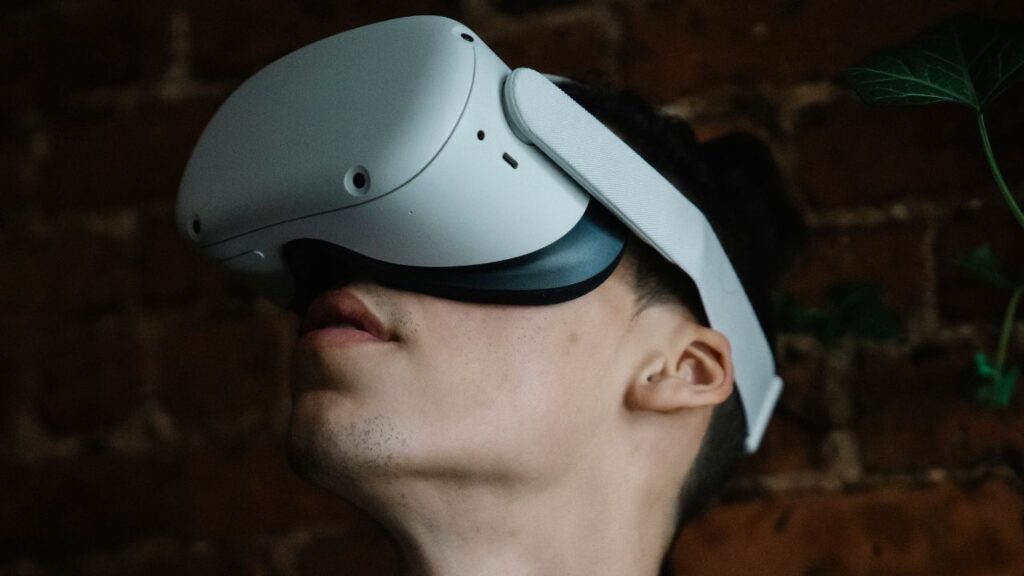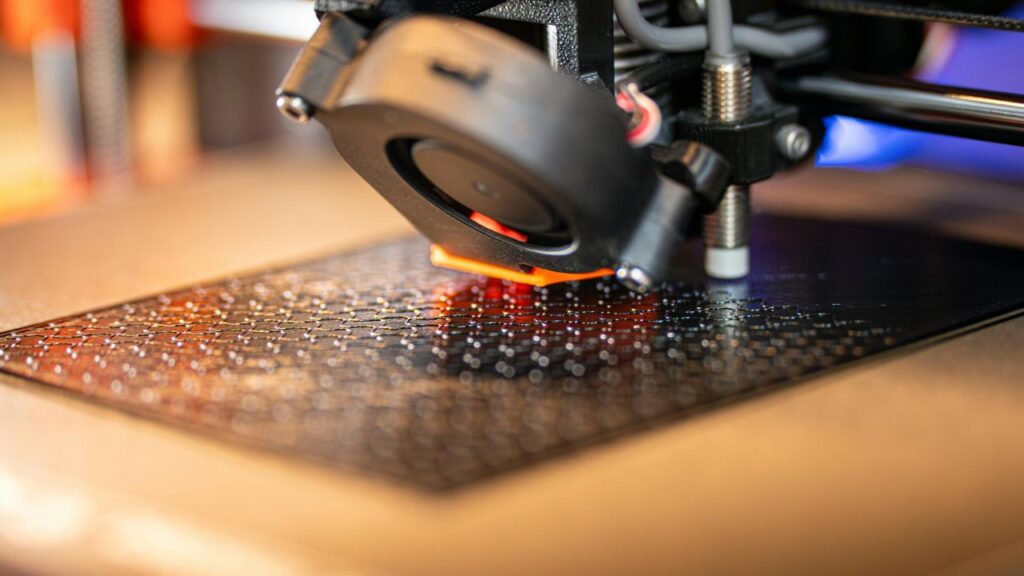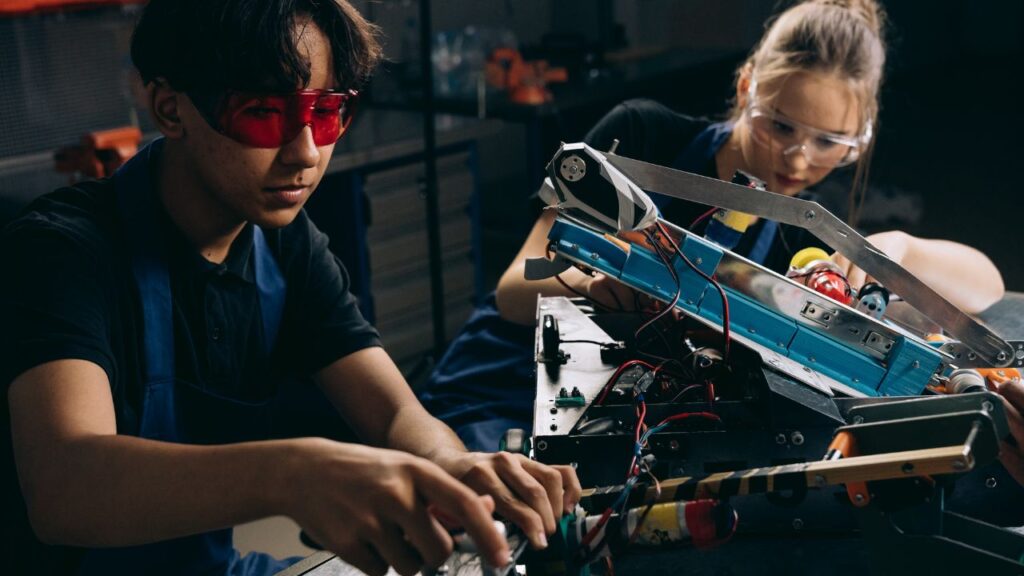New breakthroughs in medicine often lead to a precursor of what’s to come. Looking at modern medicine, we can catch a glimpse of where it’s headed in the future. Here are some medical advances that people might not have to wait too much longer to see on the road ahead.
Augmented Reality

With virtual and augmented reality making technological bounds in the last ten years, it’s only a matter of time until it finds its place in the medical world. Augmented reality can enhance the real world by providing helpful overlays while virtual reality will remove the outside world of the user and provide a completely virtual and simulated experience. Both could have amazing applications in the medical world with a bit of development.
Brain Links

Although when most people think of putting a computer chip in someone’s brain, they think of Elon Musk’s Neuralink, Dr. Gary Marcus of New York University stated to The Medical Futurist that brain implants are in the states that eye surgery was years ago. With any luck, in the coming years, they can be used to treat people with paralysis. Neuralink’s first patient is allegedly very stable.
Cybernetics

With the advancements technology is making, we can only estimate that in the near future, cybernetics will come a long way and not only replace or aid impaired vision but make it far superior to our ordinary biology. Imagine a replacement eye that can see much further and a broader spectrum of colors compared to a normal human being. Once cybernetics are widely available, it could even become a fashion trend for aesthetics.
3D Printing

3D printing already plays a huge role in modern industry. But why does it have to end there? Despite most people thinking that 3D printing is limited to non-edible substances, they can print with whatever material they are given. This includes pharmaceuticals. There’s already a pill that’s 3D printed in a unique shape, like a dinosaur, for children to make it more appealing to them.
Personalized Medicine

Personalized medicine, also known as precision medicine, is transforming the way we approach treatment. By leveraging genetic information, doctors can tailor medical care to the individual characteristics of each patient. This approach allows for highly specific treatments based on a person’s genetic makeup, lifestyle, and environment.
Artificial Intelligence (AI) in Healthcare

AI is making significant strides in the medical field, offering new tools for diagnosis, treatment planning, and patient care. AI algorithms can analyze vast amounts of medical data to identify patterns and predict outcomes with unprecedented accuracy.
Regenerative Medicine and Stem Cell Therapy

Regenerative medicine is poised to revolutionize how we treat chronic conditions and injuries. Stem cell therapy, in particular, holds the promise of repairing or replacing damaged tissues and organs. Recent advances have demonstrated the potential of stem cells to treat conditions like spinal cord injuries, heart disease, and neurodegenerative disorders.







